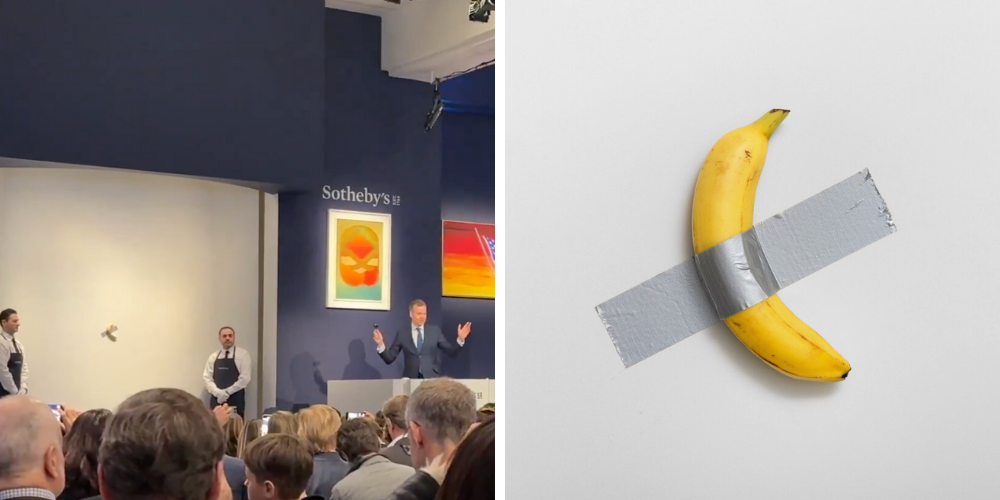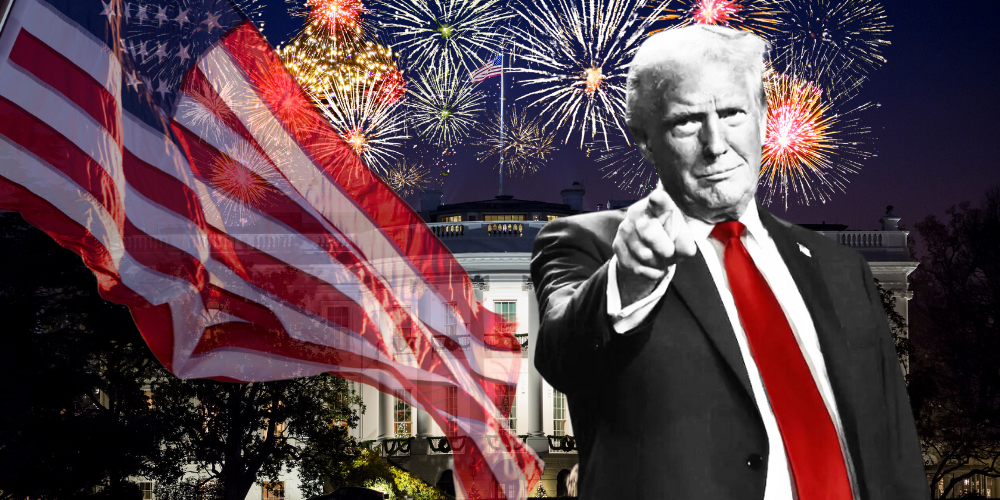On Monday, the world lost one of the most prominent, controversial and arguably most effective political leaders of the last 60 years, Singapore’s founding Prime Minister Lee Kuan Yew. He passed away peacefully at the Singapore General Hospital at the age of 91.
Lee Kuan Yew wasn’t just your ordinary garden-variety politician. In terms of his impact on a newly independent state of Singapore, he was more of a “Founding Father” like George Washington — with Thomas Jefferson and Benjamin Franklin thrown in for good measure.
Lee Kuan Yew served as the leader of Singapore between 1959 and 1990, shepherding this former British colony through its own “declaration of independence” in 1965.
As the Wall Street Journal pointed out Monday, Lee “helped attract massive investment and many of the world’s biggest companies to Singapore after he became prime minister in 1959, catapulting living standards to First World status from Third World levels in hardly more than a generation.”
And although few Americans know much about Mr. Lee, he was an éminence grise in the global diplomatic community and universally admired across several political generations.
As I wrote nearly two years ago in The Global Guru, even former U.S. President Richard Nixon speculated that, had Lee lived in another time and another place, he might have “attained the global stature of a Churchill, a Disraeli, or a Gladstone.”
That said, Lee Kuan Yew was by no means universally loved, remaining a controversial figure throughout his lifetime.
On the one hand, Lee helped Singapore raise itself by its bootstraps to transform itself from a dirt-poor colony to a shiny, modern city-state.
On the other, Lee never ceased to raise the hackles of critics made uncomfortable by his interventionist methods that flew in the face of Western individualism and democracy.
Relentlessly Politically Incorrect
It was only after I read a book, “Lee Kuan Yew: The Grand Master’s Insights on China, the United States, and the World,” by Graham Allison, Robert Blackwill and Ali Wyne, that I learned to appreciate just how much Singapore owes its success to the vision and determination of a single man.
Via a jarringly honest and relentlessly politically incorrect combination of policies, Lee maintained a laser focus on non-corrupt, efficient government, business-friendly economic policies and often harshly meted out social order.
Lee Kuan Yew once defined himself as “a liberal in the classical sense of that word.”
The libertarian economist Friedrich Hayek described himself in the same way.
Yet the two could be hardly more far apart.
Instead, Lee Kuan Yew was, I think, much more about pragmatism and “street smarts” than an overarching philosophy.
As Lee himself put it:
I am not fixated on a particular theory of the world or of society. I am pragmatic. I am prepared to look at the problem and say, all right, what is the best way to solve it that will produce the maximum happiness and well-being for the maximum number of people?
With their emphasis on “life, liberty and the pursuit of happiness,” that’s hardly reminiscent of America’s Founding Fathers.
In fact, it’s positively “un-American.”
Investing in Lee Kuan Yew’s Legacy
Still, it’s always hard to argue with success — even if the methods make you squirm a little.
Lee’s vision, tenacity and focus on results lies at the heart of what has made the United States — and Singapore — unquestionable success stories in modern history.
Taking a country with a gross domestic product per capita of $512 in 1965 to more than $56,000 as of 2015 is both unprecedented and remarkable.
That’s an average growth rate of 9.84% per year, every year, for 50 straight years.
Today, the average citizen of Singapore is as wealthy as a resident of the United States and wealthier than their counterparts in Japan and Germany.
Indeed, the number of times that Singapore appears at the top of global economic rankings is nothing short of astonishing.
Singapore has been ranked #1 in global innovation and competitiveness. It is ranked first for having the most open economy for international trade and investment. And it’s the world’s easiest place to do business.
Lee Kuan Yew’s success is also reflected in the appreciation of equities traded on the Singapore stock markets.
Of the 47 global equity markets I track each day at my firm Global Guru Capital, a Securities and Exchange Commission-registered investment adviser that is not affiliated with Eagle Financial Publications, Singapore has been one of the best long-term performers on the planet.
Boasting an average total return of 9.37% per annum during the past decade, the iShares MSCI Singapore (EWS) ranks fourth on my list.
Only the iShares China Large-Cap (FXI) at 10.85%, iShares MSCI Mexico (EWW) at 10.65% and the iShares MSCI Malaysia (EWM) at 9.94% outpaced Singapore’s stellar showing.
By way of comparison, the SPDR S&P 500 ETF (SPY) generated 8.19% per year over the same period, ranking #11 on the list.
Source: Morningstar
When you invest in EWS, you get exposure to approximately 30 of the most well-known companies traded in Singapore. The portfolio is quite concentrated, with the top four holdings accounting for 48.25% of the fund.
Those top four holdings are Singapore Telecommunications (12.8%), DBS Group Holdings (12.32%), Oversea-Chinese Banking Corp. (11.81%) and United Overseas Bank (11.32%).
While EWS wasn’t a strong performer in 2014, with a gain of just 2.68%, Singapore’s stock market may be about to turn around.
Just last week, EWS jumped 3.59% on renewed investor interest in global stock markets.
A terrific (and profitable) way to honor the legacy of Lee Kuan Yew is to invest in the iShares MSCI Singapore (EWS).
In case you missed it, I encourage you to read my e-letter column from last week about the success of my recent bet on Europe. I also invite you to comment in the space provided below my Eagle Daily Investor commentary.




